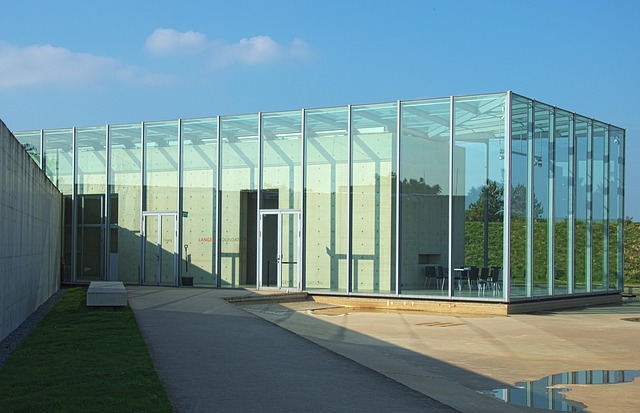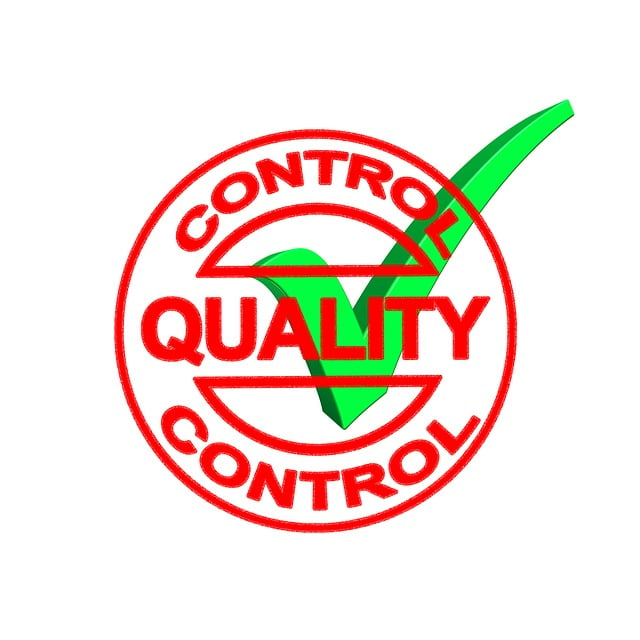Foundation stabilization ensures building longevity through comprehensive inspections identifying structural issues early. Experts assess soil conditions, hydraulic pressures, and structure design to implement advanced techniques for foundation health evaluation. Regular inspections prevent costly repairs by addressing cracks, uneven settling, and moisture intrusion. Understanding warranty options protects investments, with material and labor guarantees ensuring quality work. Choosing a company offering detailed inspections and comprehensive warranties ensures expert advice, tailored solutions, and long-term stability, safeguarding structural integrity and property value.
In today’s digital era, ensuring structural integrity is paramount for any property. Foundation stabilization stands out as a game-changer in addressing foundation issues, offering long-term solutions with warranties. This comprehensive guide delves into the intricacies of foundation stabilization, beginning with understanding basic concepts and the crucial role of prior foundation inspections. We explore common problems identified during these inspections and dissect various warranty options available for such services. Learn how to select a reliable company and understand the step-by-step process, highlighting the benefits and savings of investing in proactive foundation care.
Understanding Foundation Stabilization: The Basic Concepts

Foundation stabilization is a critical process that ensures the structural integrity and longevity of any building. It involves assessing and addressing issues related to foundation movement, cracks, and overall stability. The primary goal is to prevent further damage and create a solid base for the structure. This process begins with a thorough foundation inspection, where professionals identify signs of instability, such as uneven floors, cracked walls, or visible gaps around doors and windows.
During an inspection, experts consider various factors like soil conditions, hydraulic pressures, and existing structural design. They use advanced techniques to evaluate the foundation’s health, including moisture content analysis, load-bearing capacity assessment, and identifying potential sources of movement. By understanding these basic concepts, homeowners and builders can take proactive measures to stabilize foundations, ensuring a safe and durable living environment.
Importance of Foundation Inspection Before Stabilization

Before stabilization, a thorough foundation inspection is crucial to ensure any potential issues are identified and addressed. This step is essential as it allows for a comprehensive assessment of the foundation’s structural integrity. By conducting a detailed inspection, experts can uncover cracks, uneven settling, or other signs of damage that might require repair or reinforcement.
Regular Foundation Inspections play a vital role in preventing further complications and costly repairs down the line. It provides an opportunity to catch subtle changes early on, ensuring that any necessary stabilization measures are taken promptly. This proactive approach not only extends the lifespan of your foundation but also guarantees the structural safety and stability of your property for years to come.
Common Issues Found During Foundation Inspections

During foundation inspections, several common issues are often discovered that can impact a structure’s stability and integrity. One of the primary concerns is crack formation in the foundation walls, which can result from various factors like settlement, shifting soil, or poor construction practices. These cracks not only compromise the structural soundness but also provide entry points for moisture and pests, leading to further damage over time.
Another frequent issue is uneven settling, where parts of the foundation sink at different rates due to variable soil conditions or load distribution. This can cause door and window misalignment, floor disparities, and even structural shifts. Moreover, inadequate drainage around the foundation can lead to water accumulation, causing erosion and further exacerbating settlement issues. Identifying these problems early on is crucial for implementing effective solutions to ensure long-term stability and protect the investment in a home or building.
Types of Warranty Offered for Foundation Stabilization Services

When it comes to foundation stabilization, understanding the warranty options is paramount for homeowners and builders alike. The types of warranties offered can vary significantly among service providers, reflecting the complexity and scope of the work involved in stabilizing a foundation. Typically, these warranties fall into two primary categories: material guarantees and labor/service guarantees.
Material guarantees assure the quality and longevity of the products used during the stabilization process, such as pilings, underpinnings, or structural supports. Conversely, labor/service guarantees protect against defects in the installation or workmanship. Some providers even offer comprehensive packages that combine both types of guarantees, providing a full-scope warranty for peace of mind. Prior to engaging any foundation stabilization service, it’s crucial to thoroughly review these warranties, focusing on their terms, duration, and what specific aspects are covered or excluded. This ensures you’re receiving adequate protection for your investment in stabilizing your foundation through professional inspection and repair services.
How to Choose a Reliable Foundation Stabilization Company

When selecting a foundation stabilization company, the first step is to ensure they offer comprehensive services that include a detailed foundation inspection. This involves assessing the current state of your foundation, identifying any issues or signs of damage, and providing expert advice tailored to your specific needs. A reputable company will employ licensed professionals who are trained in the latest techniques and technologies for stabilization.
Additionally, look for companies that provide warranties on their work. A solid warranty demonstrates confidence in the quality of their services and offers peace of mind. It ensures that if any unforeseen issues arise related to the stabilization process, the company is committed to rectifying them without additional costs. This level of assurance can significantly impact your decision-making process, as it shows a dedication to customer satisfaction and long-term support.
The Process of Foundation Stabilization with Warranty

Foundation stabilization is a process that involves assessing and rectifying any issues with your home’s foundation to ensure its structural integrity. It begins with a thorough foundation inspection conducted by professional contractors who identify weaknesses, cracks, or other signs of instability. During this inspection, experts consider factors like soil conditions, age of the structure, and local geological influences to pinpoint the root causes of foundation problems.
Once identified, various methods are employed to stabilize the foundation. This could include underpinning, where additional support is inserted below the foundation to boost its capacity, or piering, which involves installing steel piers to lift and secure the foundation. These solutions not only address existing issues but also prevent future damage by providing long-term stability. A warranty is often offered upon completion of these stabilization services, ensuring homeowners that their investment in repairing their foundation is protected against potential future issues.
Benefits and Long-Term Savings of Investing in Foundation Stabilization

Investing in foundation stabilization offers numerous benefits that extend far beyond initial costs. Regular foundation inspections are crucial to identifying potential issues early, preventing more severe damage down the line. By stabilizing your foundation, you mitigate risks associated with shifting soil, settling, and other environmental factors, ensuring your home’s structural integrity remains intact.
In the long term, foundation stabilization saves you significant time and money. Preventative measures reduce the likelihood of costly repairs or complete foundation replacements, which can be prohibitively expensive. Moreover, a stable foundation contributes to better energy efficiency in your home by eliminating issues like uneven floors or walls that can lead to increased heating and cooling bills. This investment is a sensible strategy for any homeowner looking to protect their property’s value and maintain a safe living environment.
